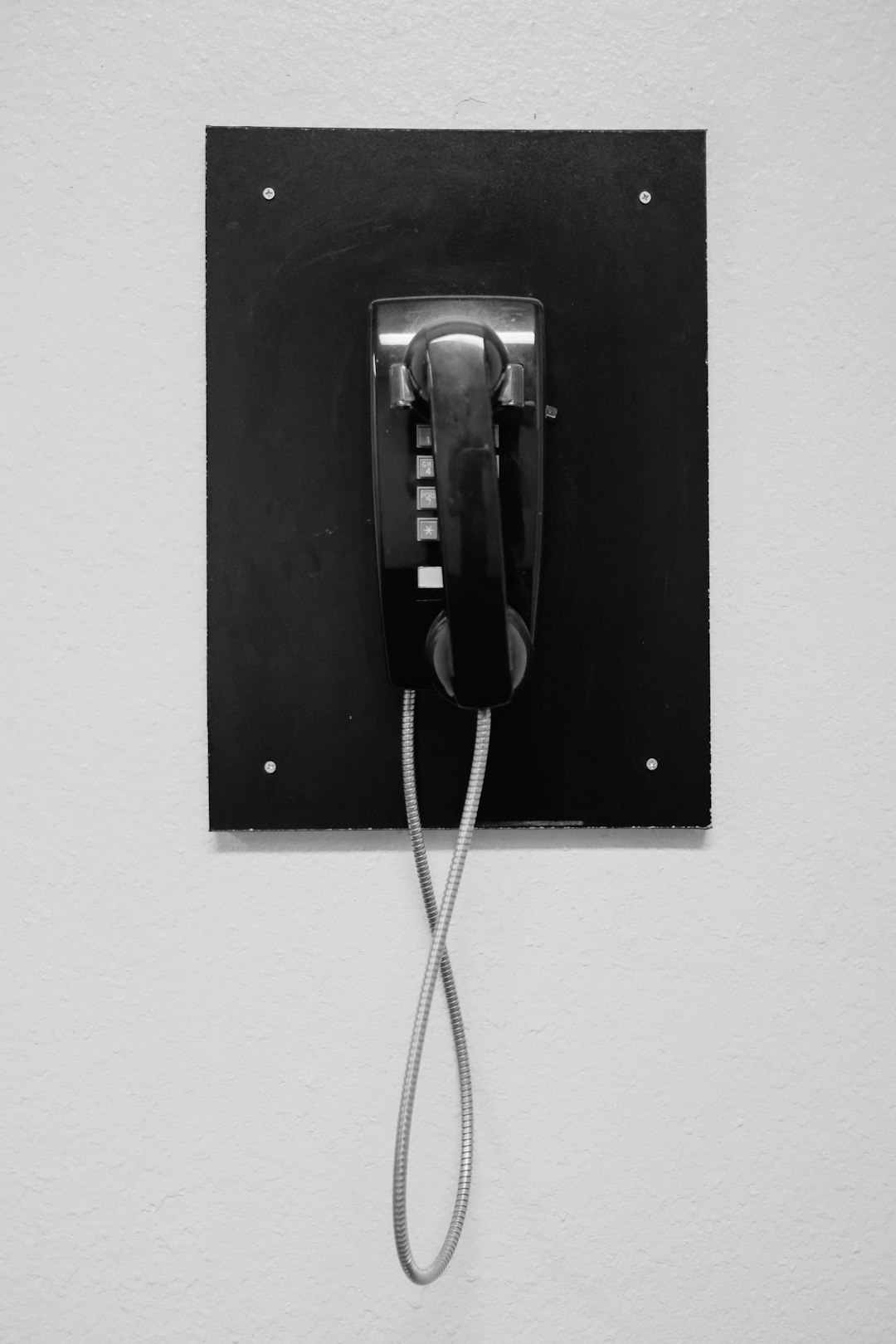Rhode Island's Do Not Call laws protect residents from unwanted political surveys, with Woonsocket city leading the way in innovative enforcement. By collaborating with do not call law firms and leveraging technology, Woonsocket has reduced intrusive calls while promoting responsible political engagement. This approach, involving dedicated hotlines and advanced verification methods, sets a national standard for balancing privacy rights and political participation, emphasizing the importance of do not call law firms Rhode Island in consumer protection.
Woonsecket, a city in Rhode Island, has pioneered innovative approaches to enforcing Do Not Call laws specifically for political surveys. With increasing citizen concerns over intrusive calls, Woonsocket’s strategies offer valuable insights for other municipalities. This article explores the unique challenges faced by Woonsocket, the enforcement tactics employed by local authorities, their impact on political engagement, and future directions for enhancing Do Not Call regulations in Rhode Island, particularly targeting political survey firms.
Key topics include understanding state laws, successful implementations, and the overall effect on civic participation.
Understanding Do Not Call Laws in Rhode Island

In Rhode Island, the Do Not Call laws are designed to protect residents from unwanted telemarketing calls, including political surveys. These regulations are enforced by the Rhode Island Division of Business Regulation, which oversees compliance and investigates complaints. The state’s Do Not Call list is a robust program that allows individuals to opt-out of receiving marketing calls, ensuring their privacy and peace of mind. Anyone found violating these laws can face penalties, making it crucial for survey firms to adhere strictly to the regulations.
Rhode Island’s Do Not Call Laws specifically exempt political organizations and candidates from certain restrictions. However, they still must follow best practices to ensure they are not harassing residents. This includes obtaining proper consent, providing an easy way to opt-out, and respecting individuals who have chosen to be excluded from such calls. By understanding and adhering to these laws, survey firms can effectively conduct their political research while maintaining compliance with Rhode Island’s regulations, particularly those related to Do Not Call law firms in the state.
Woonsocket's Unique Challenges in Survey Enforcement

Woonsocket, a vibrant city in Rhode Island, faces unique challenges when it comes to enforcing do-not-call laws specifically for political surveys. One of the primary hurdles is the fast-paced nature of political campaigns and the constant need for data collection. In today’s digital era, surveyors often employ automated systems that make it difficult for residents to opt out, leading to a plethora of calls despite registered preferences.
Additionally, navigating the legal landscape surrounding do-not-call laws can be complex. While Rhode Island has specific regulations, the application of these rules to political surveys introduces nuances. The city must balance the rights of citizens to privacy and silence with the fundamental aspect of political campaigns—gathering support and information from potential voters. This delicate equilibrium requires meticulous planning and continuous communication between local authorities, survey firms, and political organizations.
Strategies Employed by Local Authorities

Woonsocket, a city in Rhode Island, has implemented several innovative strategies to enforce the state’s Do Not Call laws, specifically focusing on political surveys. Local authorities have recognized the unique challenges posed by these calls and taken proactive measures to protect residents’ privacy. One key strategy involves collaborating with do not call law firms to help identify and penalize violators effectively. By leveraging legal expertise, Woonsocket ensures that survey companies adhere to established guidelines, minimizing unwanted calls.
Additionally, the city has established a dedicated hotline for residents to report political survey calls. This direct channel allows citizens to easily register their complaints, enabling local authorities to take prompt action against persistent violators. Such initiatives demonstrate Woonsocket’s commitment to balancing political engagement with individual privacy rights, creating a more harmonious environment for residents navigating through the Do Not Call regulations in Rhode Island.
Success Stories and Impact on Political Engagement

Woonsocket’s innovative approach to enforcing Do Not Call laws for political surveys has yielded success stories that are reshaping political engagement in Rhode Island. By employing advanced technologies to verify and respect voter preferences, the city has significantly reduced unwanted calls, fostering a more respectful and responsive political process. This shift has not only improved residents’ experiences but also encouraged active participation.
The impact is evident in higher response rates for legitimate surveys, as voters feel more empowered to engage without being overwhelmed by excessive calls. This change reflects a deeper understanding of modern voting dynamics, where citizens appreciate personalized communication and respect for their time. As a result, Woonsocket’s model sets a new standard for political survey practices across the state, inspiring other communities to adopt similar strategies that prioritize both consumer rights and robust political engagement.
Future Directions for Effective Do Not Call Regulation

In the ever-evolving landscape of consumer protection, especially in the realm of political surveys and telemarketing, the effectiveness of Do Not Call laws continues to be a topic of interest. For Rhode Island residents, Woonsocket’s innovative approach offers valuable insights into future regulatory strategies. One promising direction is the implementation of advanced technology to streamline enforcement. AI-powered systems can efficiently scan and verify consumer opt-out registrations, ensuring compliance by call centers and political survey firms operating in Rhode Island.
Additionally, expanding the scope of Do Not Call laws to include stricter penalties for violations could act as a powerful deterrent. Educating both consumers and businesses about their rights and responsibilities is another key aspect. Regular public awareness campaigns can help citizens understand their ability to opt-out and encourage ethical practices among survey firms and law firms specializing in Do Not Call regulations. Such proactive measures will contribute to a more peaceful and less intrusive communication environment for Rhode Island residents.






